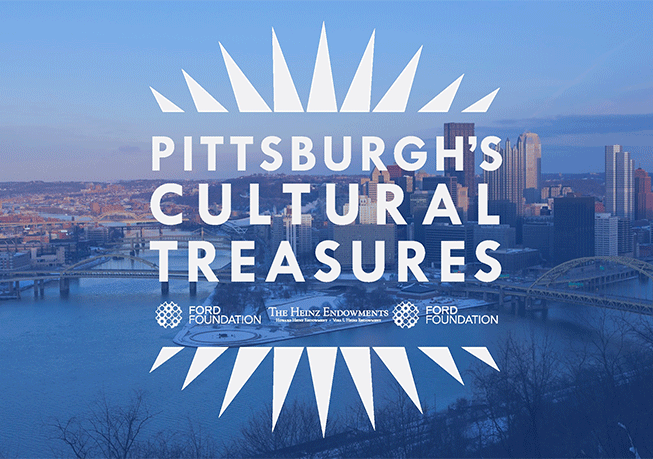
From 2021-24, the Endowments distributed $9 million dollars directly to Black-led cultural organizations through the Pittsburgh’s Cultural Treasures initiative, a partnership with the Ford Foundation on the America’s Cultural Treasures Regional Challenge Initiative. We have long held a deep commitment to supporting Black, Indigenous, People of Color (BIPOC) arts and cultural organizations in the Pittsburgh region. We believe philanthropy has been rightly challenged to examine its history and role in addressing inequity in the arts and culture sector. Alongside other national and regional partners in this effort, we welcomed this opportunity to lift up proud creative traditions, better understand their needs and significance, and invest in meaningful ways that contribute to the culture and dynamism of our region. Read stories of grant recipients here.



